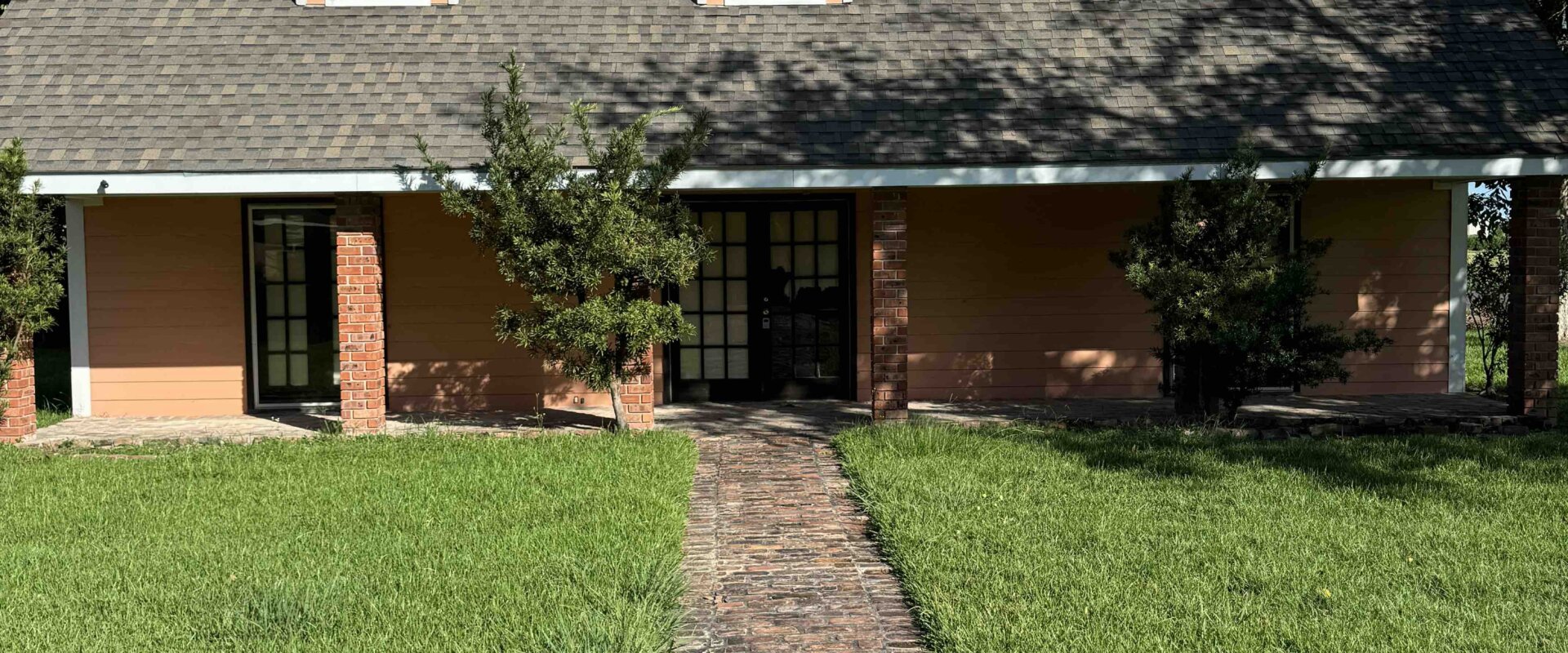Inheriting A Home Can Be Both Exciting And Overwhelming

Inheriting a house in Louisiana can be both an exciting and overwhelming experience. On the one hand, it can be a valuable asset and a source of income, but on the other hand, it can come with a lot of responsibilities and challenges. From figuring out what to do with the property, to handling legal and financial considerations, it’s important for heirs to understand the process and know how to handle an inherited house in Louisiana.
Condition Of Your Inherited Property
The first thing to consider when inheriting a house in Louisiana is the condition of the property. It’s important to have the property inspected by a licensed home inspector, to determine if there are any issues that need to be addressed, such as repairs, remodeling, or updates. Homeowners should be aware that the state of Louisiana has a relatively high rate of flooding and hurricanes, so it’s important to be familiar with the flood zone and any past flood history of the property. Additionally, it’s worth checking for any potential hazards such as asbestos and mold, which can be costly to repair.
Tax Implications
Another important consideration when inheriting a house in Louisiana is the tax implications. Inheriting a house can have a significant impact on taxes and it’s important to understand the rules and regulations related to taxes. For example, in Louisiana, inheriting a house can be subject to inheritance tax, property tax, and/or capital gains tax. Also, it’s important to be aware that Louisiana does not have a state income tax, which can affect the overall tax burden of the property. Consulting with a tax professional can help heirs understand the tax implications of inheriting a house and minimize the tax burden.
Things You Could Do With Your Inherited Property
Once the heirs have assessed the condition of the property and understand the tax implications, they must then decide what to do with the property. One option is to keep the property and rent it out, which can provide a steady source of income. However, it’s important to be aware of the responsibilities that come with being a landlord, such as dealing with tenants, maintaining the property, and paying property taxes. Another option is to sell the property, which can provide a lump sum of cash but also comes with its own set of considerations such as closing costs, realtor fees and other expenses associated with the sale.
Legal Considerations Of Inherited Property
Another important aspect to consider when handling an inherited house in Louisiana is the legal considerations. It’s important to understand the process of transferring the property into the heirs’ names and understand the process of probate. Louisiana has a unique legal aspect of “Forced heirship” law which states that a certain percentage of an estate must pass to certain heirs regardless of the decedent’s wishes. This can affect the inheritance of a property and heirs may not be able to transfer the property without the consent of their legal heirs. Seeking the guidance of a local real estate lawyer can help heirs understand the legal process and ensure that the property is transferred smoothly and efficiently.
Inheriting A Home Can Be Emotional
Finally, inheriting a house in Louisiana can also come with emotional considerations. It’s important to remember that a house is not just a property, it’s often a place where families have grown and thrived. It can be difficult to let go of a home that holds a lot of memories, but it’s important for heirs to consider the practical considerations, such as cost and responsibilities of maintaining the property, and make a decision that is best for their circumstances.
The Conclusion About Inheriting A Home
In conclusion, inheriting a house in Louisiana can be a complex and emotional process. It’s important for heirs to understand the condition of the property, the tax implications, and the legal considerations, and make an informed decision about what to do with the property. One option is to keep the property and rent it out, which can provide a steady source of income. Another option is to sell the property, which can provide a lump sum of cash but also comes with its own set of considerations such as closing costs, realtor fees and other expenses associated with the sale.
It’s also important to seek the guidance of professionals such as a home inspector, tax professional, and real estate lawyer to help navigate the process and ensure that the property is transferred smoothly and efficiently. Additionally, considering the emotional aspect of inherited home and making decision that is best for their circumstances. Remember, inheriting a house may have financial and emotional significance and it’s important to weigh all options and make the best decision for you and your family.

